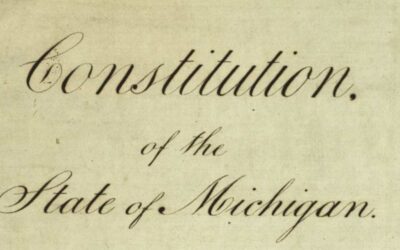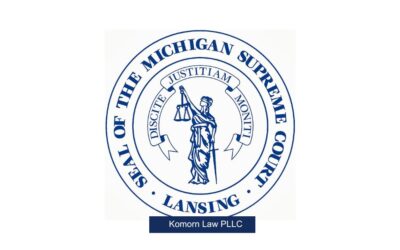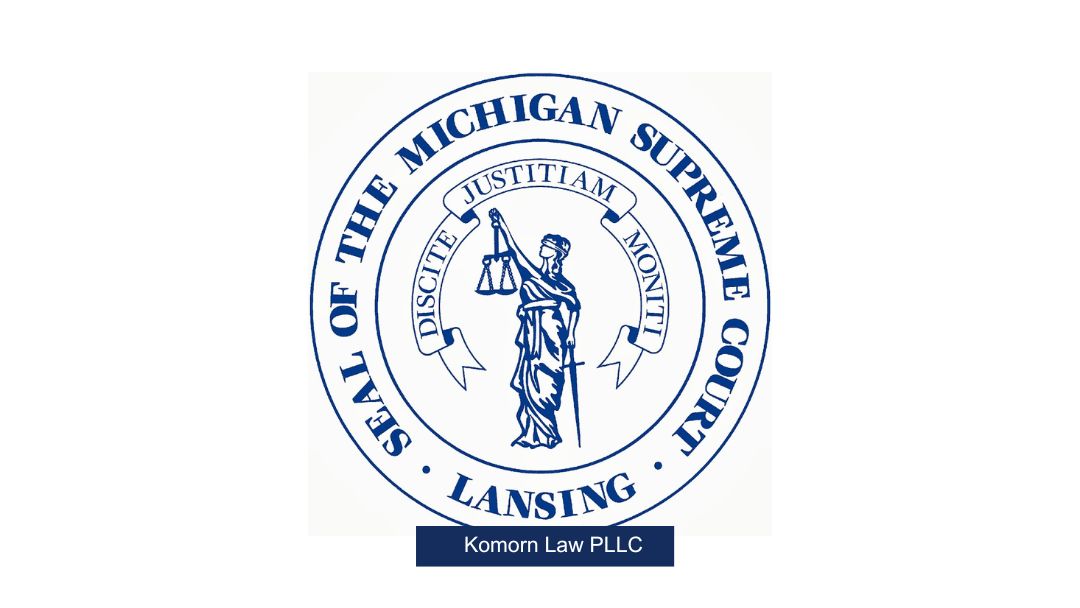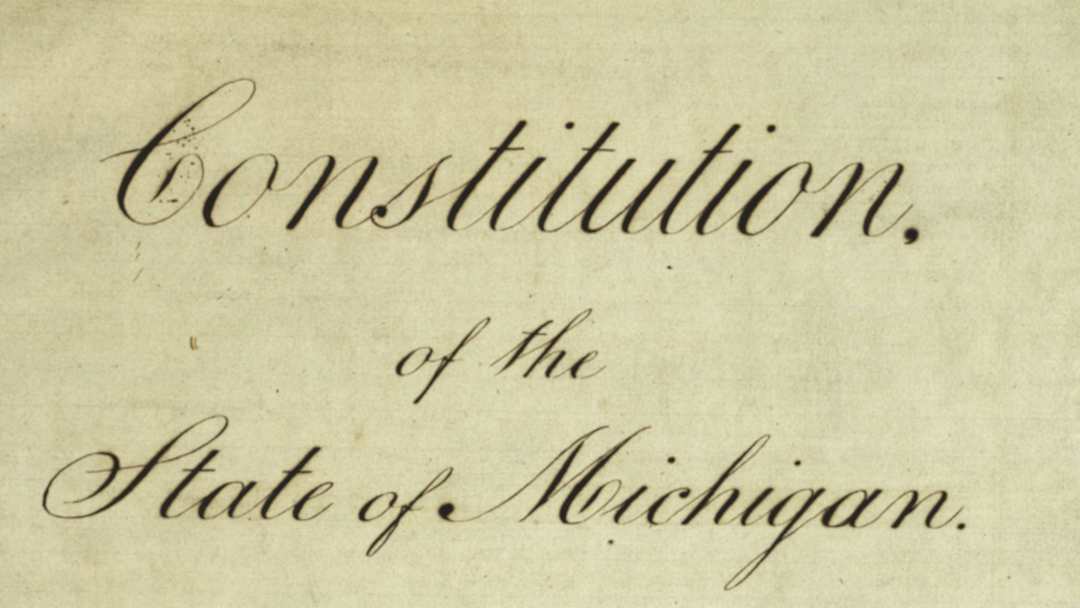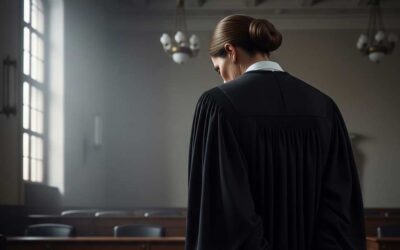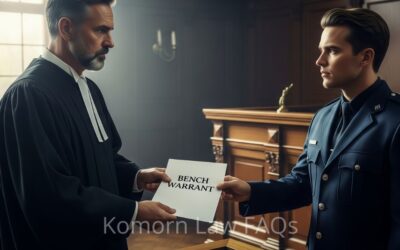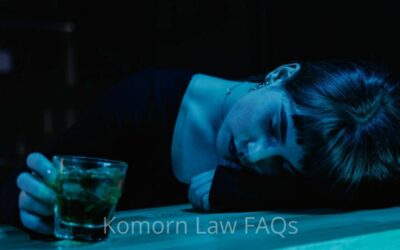Michigan Criminal Laws FAQs Brass KnucklesGetting caught with brass knuckles in Michigan can lead to serious legal...

Michigan Supreme Court Vacates Court of Appeals Ruling of State Anti-Terror Statute
Michigan Supreme Court Vacates Court of Appeals Ruling, Temporarily Preserves State Anti-Terror Statute
If you are charged with a crime you’re part of the State of Michigan family now. Call us – Because you don’t want to be a part of that family.
Komorn Law (248) 357-2550
March 28, 2025 -The Michigan Supreme Court vacated a ruling from the Michigan Court of Appeals that declared the state’s anti-terrorism statute unconstitutional, announced Michigan Attorney General Dana Nessel. Today’s ruling preserves the 2002 statute, which criminalizes threats and false threats of terrorism, and orders the Court of Appeals (COA) to reconsider their ruling under specific questions and considerations from the state Supreme Court.
Earlier this month Attorney General Nessel filed an amicus brief (PDF) at the Michigan Supreme Court in support of the emergency application filed by the Wayne County Prosecutor to preserve the law.
Today’s order from the Michigan Supreme Court (PDF) vacated the COA’s judgment, keeping the judgment from affecting current criminal cases, and remanded the case to that Court for further consideration. Specifically, the Court instructed the COA to assess its judgment in light of MCL 750.543z and the Constitutional-Doubt canon. The COA is also ordered to address whether imposing a limiting construction would remedy any constitutional deficiency, what the limiting construction should accomplish, and whether the Wayne County Circuit Court abused its discretion in dismissing the case.
“The anti-terrorism law is a vital tool for holding accountable those who make serious threats in our state,” Nessel said. “While the case has been remanded for further consideration, I am hopeful that this decision brings us closer to correctly reaffirming the law’s constitutionality and preserving the ability of prosecutors across Michigan to protect public safety.”
The Court of Appeals had ruled in March that the statute in question is unconstitutional because it does not require proof that the defendant subjectively understood the threatening nature of the statements or acted recklessly when making them. Attorney General Nessel argued to the Michigan Supreme Court in her amicus brief that the Court of Appeals’ decision is clearly erroneous, as prosecutors are already required through the statute to prove charged defendants intended to intimidate or coerce a civilian population or sought to influence or affect government conduct through intimidation or coercion.
More Articles

Resisting an Unlawful Arrest in Michigan
Michigan Criminal Laws FAQs Resisting an Unlawful Arrest in MichiganThe question of whether you can legally resist an...
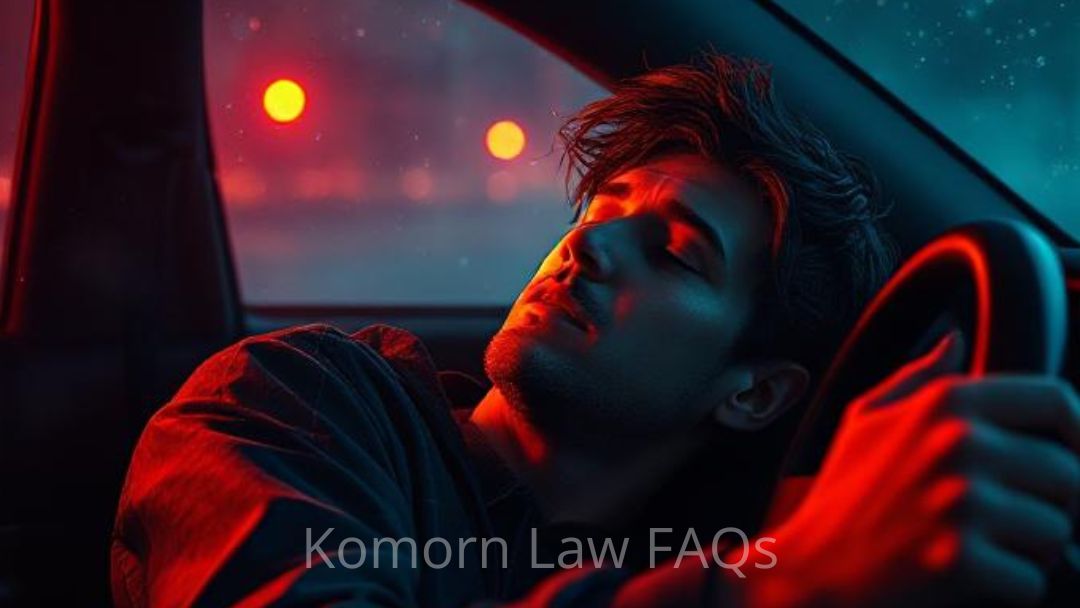
Criminal Law FAQs – Operating a Vehicle with a High BAC
Michigan Criminal Laws FAQs Super Drunk (High Breath Alcohol Content)Operating a Vehicle with a High BAC (Super Drunk)...
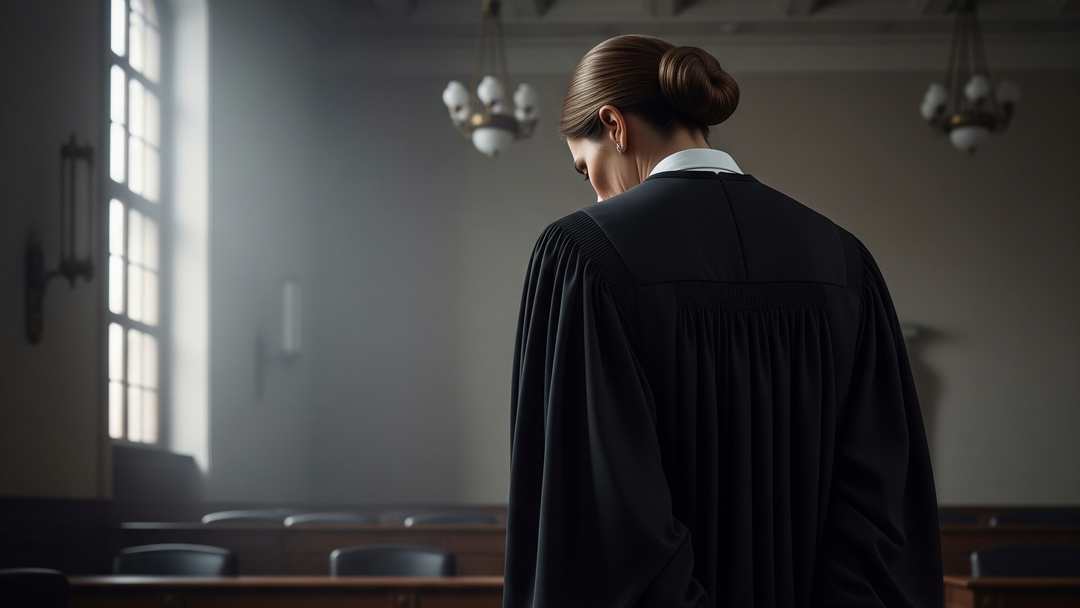
Judicial Accountability in Michigan for Judges
Maintaining public trust in the judiciary is paramount to a functioning legal system. In Michigan, several mechanisms...
More
The Takings Clauses of the United States and Michigan
These clauses protect property rights and maintain a balance between public needs and individual ownership The Takings Clauses of the United States and Michigan Constitutions are pivotal components of property law, ensuring that private property is not seized by the...
Michigan Supreme Court – People of Michigan v. Duff
A seizure may occur when a police vehicle partially blocks a defendant’s egress if thetotality of the circumstances indicate that a reasonable person would not have felt free to leave In the case of People v Duff (July 26, 2024)., the Michigan Supreme Court issued an...
Michigan Supreme Court – Money back for former homeowners
In a landmark decision, the Michigan Supreme Court has ruled that counties cannot retain surplus proceeds from tax-foreclosed property sales, a move poised to return millions to former homeowners. This ruling, stemming from the case Rafaeli, LLC v. Oakland County,...
Michigan Supreme Court restores wage and sick leave laws
Citizen-initiated proposals aimed at increasing the minimum wage and expanding paid sick leave In a significant ruling, the Michigan Supreme Court has reinstated the original minimum wage and paid sick leave laws that were initially gutted by the legislature in 2018....
Michigan Supreme Court – Forfeiture of 2006 Saturn ION
FORFEITURE OF 2006 SATURN IONMichigan Supreme Court Ruling - July 25, 2025 The Michigan Supreme Court has ruled that Detroit police can no longer seize cars through civil asset forfeiture unless they can demonstrate that the vehicle was used for drug trafficking.The...
Michigan Supreme Court won’t revive Flint water charges
The Michigan Supreme Court Wednesday shot down the state attorney general’s high-profile effort to criminally prosecute seven former public officials for their role in the Flint water crisis. In a series of orders, the court left in place lower court dismissals of the...



